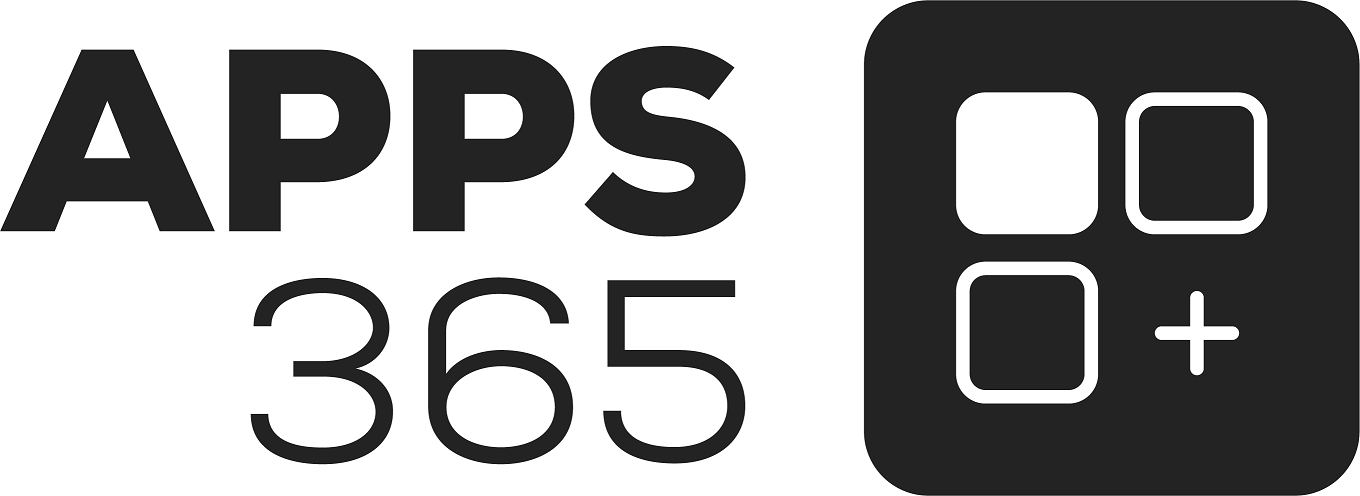
Zimtechinfo
Add a review FollowOverview
-
Founded Date May 30, 1964
-
Sectors Office
-
Posted Jobs 0
-
Viewed 38
Company Description
2025 uS Executive Orders, DEI, and Employment: how In-house Lawyers can help the Business
Remind me, what’s an executive order?
Executive orders are directives purchased by the president of the United States that direct federal government companies and employment authorities to take particular actions. While they are not laws, they have the force of law and effect how existing laws are carried out or enforced.

Executive orders affect the agencies of the executive branch and for that reason do not require the approval of Congress. They should be within the president’s constitutional authority and might be challenged in court if deemed unconstitutional.
Executive orders may be rescinded, reversed by future presidents, or challenged in court, and enforcement top priorities can change throughout any administration.
The brand-new administration’s actions have significant effects beyond executive orders. For more on mitigating threat, international organizations can take new chances by staying nimble.
Implications of the executive orders for DEI initiatives and employment in private-sector companies
On Jan. 21, President Trump provided “Ending Illegal Discrimination and Restoring Merit-Based Opportunity,” which reverses numerous previous executive orders and memoranda, consisting of Executive Order 11246 (EO 11246) signed in 1965 by President Lyndon B. Johnson.
EO 11246 needed every government agreement to include a statement that the professional will not discriminate against any worker or candidate for work based on race, creed, color, or national origin.
Despite President Trump’s new executive order, the underlying federal anti-discrimination law stays unchanged for private-sector staff members.
However, the executive order signals that there might be altering enforcement priorities in the new administration. The order directs all federal firms to “combat unlawful private-sector DEI preferences, requireds, policies, programs, and activities.”
In December 2024, President-elect Trump tapped Harmeet K. Dhillon to lead the Justice Department’s civil liberties office, indicating his record of “suing corporations who utilize ‘woke’ policies to discriminate versus their employees.”
In addition to revoking EO 11246, the Jan. 21 executive order advises each agency of the federal government to identify “approximately 9 possible civic compliance examinations” of economic sector entities within 120 days of the order – by May 21, 2025.
The private sector entities based on these investigations consist of publicly traded corporations, large nonprofits – including bar associations – large foundations, and universities whose endowments surpass US$ 1 billion.
Organizations that may be targeted should ask:
– What is my company’s danger tolerance?
– How will employees react to the business’s actions?
– How will consumers and stakeholders react?
What in-house counsel needs to think about:
Assess any federal contracts and grants
– Determine if they include any terms or conditions associated with DEI that might conflict with existing laws and policies
Review your organization’s existing DEI policies to understand your threat
– Prepare for increased scrutiny and possible civil compliance investigations
Document, document, document
– Hiring and recruitment processes
– Performance examinations and promotion decisions
– Training products and attendance records
– Any changes to DEI policies
Implications for federal specialists
To name a few steps, the Jan. 21 Executive Order requires the heads of federal firms to include particular terms in every agreement or grant award:
– “A term needing the contractual counterparty or grant recipient to agree that its compliance in all aspects with all appropriate Federal anti-discrimination laws is material to the federal government’s payment decisions for functions of area 3729( b)( 4) of title 31, United States Code”; and
– “A term needing such counterparty or recipient to license that it does not operate any programs promoting DEI that violate any appropriate Federal anti-discrimination laws.”
Section 3729 of title 31 of the United States Code is an arrangement of the US False Claims Act, employment a federal law that imposes civil charges on those who make false claims to the federal government in order to affect the payment or invoice of money or home.
The accreditation requirement carries a prospective danger of lawsuits for federal specialists under the False Claims Act. In-house lawyers at federal contractors thus have a specific interest in ensuring their company’s policies, treatments, practices, interactions and content, are evaluated. Assess if changes are required to mitigate the danger of lawsuits.
Executive orders targeting prohibited immigration
President Trump’s initial flurry of executive orders – such as the Jan. 20 executive order “Protecting the American People Against Invasion” – focused on restricting illegal immigration and deporting illegal immigrants. The orders require enforcement actions by federal agencies versus unlawful migration.
In-house legal representatives should think about reviewing their company’s employment eligibility confirmation procedure. They may also wish to consider whether the company is prepared for reacting to an I-9 audit or a worksite enforcement action (or raid) by immigration enforcement firms.
Sectors that might be particularly impacted include agriculture, hospitality, and other markets such as building. From 2020-2022, 42 percent of crop farmworkers held no work permission, employment according to the US Department of Agriculture. The American Immigration Council estimates that more than one million undocumented immigrants operate in hospitality, representing 7.1 percent of the workforce.
In-house counsel have a crucial function to play in developing and guaranteeing consistent application of the Form I-9 and E-Verify policies the federal government utilizes to execute and impose migration law, shares John W. Mazzeo, AGC, director of I-9 and E-Verify compliance for Vertical Screen, Inc., in a 2024 ACC Docket article.
Check out informative lists of factors to consider relevant for in-house lawyers on the topic of I-9 audits and worksite enforcement actions.
If a company does not work together with a civil administrative warrant presented by US Immigration and Customs Enforcement (ICE), there is a threat that the agency might commence an I-9 audit if they felt a company was blocking their need to apprehend a non-citizen staff member, or in some cases obtain a criminal warrant from a judge if actions support it.
Steps internal counsel ought to consider:
– Determine how many employees might possibly be impacted
– Review your company’s work eligibility confirmation process
– Ensure your company’s process is documented and defensible
– Implement and impose clear policies
– Monitor legal advancements, consisting of litigation and enforcement guidance
Mitigate threat, stay active, and take brand-new chances
The current executive orders will significantly impact international businesses. Legal departments and internal counsel will need to help their companies understand and adjust to changes, guaranteeing compliance or litigating when appropriate.
A lot of the new administration’s choices will play out over the coming months, including new executive orders and legal obstacles. The Docket will continue to keep track of developments. Global internal legal representatives need to get ready for quick advancements connected to:
Trade and tariffs. On Feb. 1, President Trump purchased the imposition of a 25-percent tariff on imports from Canada and Mexico, and 10-percent extra tariffs on imports from China. The previous 2 were both postponed by a month as the administration takes part in settlements. Meanwhile, China has started its own vindictive steps on US products. He had formerly revealed his intent to enforce 25-percent escalating tariffs on Colombia (an action that was eventually not taken).
Technology and copyright. Among the president’s very first actions was to rescind the previous administration’s AI executive order. The brand-new administration likewise extended a grace duration for TikTok’s approaching restriction, sending waves throughout the technology sector, both in the United States and abroad.
Energy, environment, and health. The president also withdrew the United States from the Paris Climate Agreement and the World Health Organization, putting an early focus on American energy independence and away from the previous administration’s international sustainability efforts.
Steps in-house counsel need to think about:
– Assess the effect of prospective tariff boosts on supply chain and service continuity.
– Assess the company’s dependency on social networks platforms, such as for marketing purposes, and the possible requirements to backup social networks data and assets in the occasion their chosen platform stops to be readily available.
– Consider how advancements in the new administration’s approach to ecological, sustainability and governance problems may impact the company’s ESG method.
Disclaimer: The details in any resource in this website need to not be interpreted as legal guidance or as a legal opinion on particular truths, and need to not be thought about representing the views of its authors, its sponsors, and/or ACC. These resources are not meant as a definitive statement on the subject attended to. Rather, they are meant to serve as a tool providing practical guidance and references for the hectic internal practitioner and other readers.












